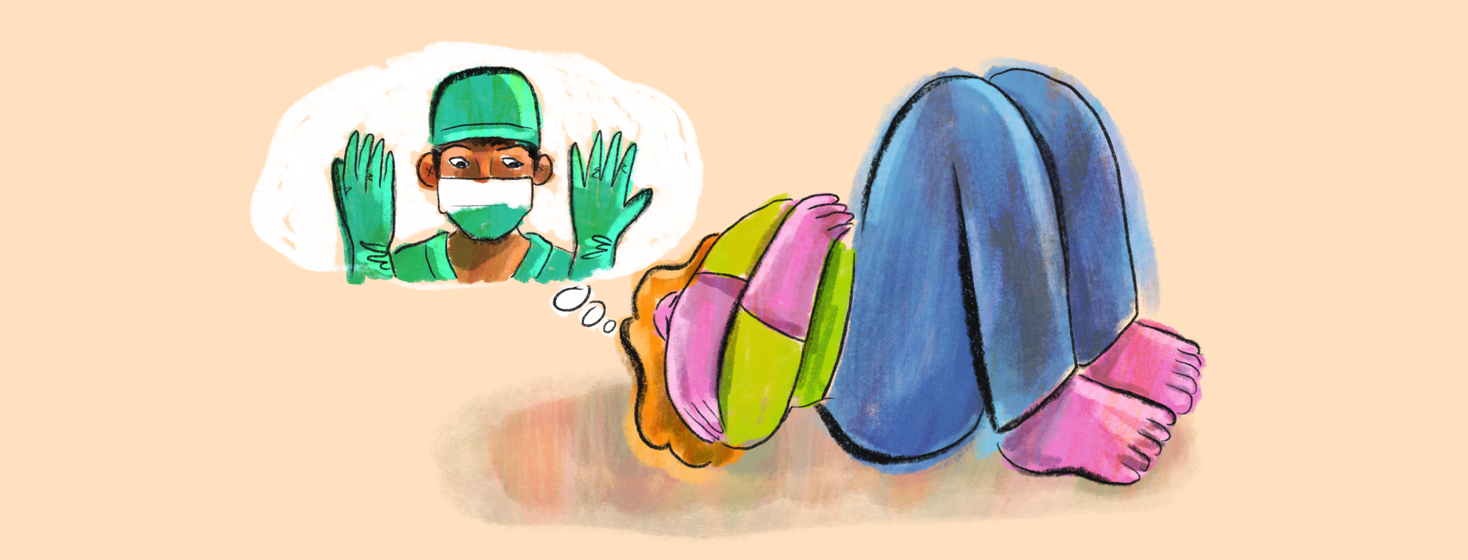Major Surgery With AxSpA
After a diagnosis of a chronic condition that degrades your joints over time, it isn’t surprising you may eventually need surgery. But grappling with surgery and recovery with a condition that is worsened by long periods of inactivity can be hard.
This past year I had to have hip surgery to repair torn labrums and shave down my femurs to prevent them from tearing my labrums again in the future. This was a result of a femoracetabular (or FAI) impingement. Even my orthopedic surgeon wasn’t entirely sure how this condition and injury related to my AxSpA - not an uncommon issue for those of us with these mysterious ailments.
A challenging recovery
My doctor and I had to think about surgery recovery and needing to move my joints. We decided to have both hips repaired at the same time. This meant a more challenging recovery, but a quicker one than having to do two separate surgeries. My first piece of advice if and when you may need to have a major surgery is to communicate with your doctor about your condition. My orthopedic surgeon had heard of AxSpA, but we had a dialogue about what that meant for my surgery plan.
AxSpA medicines and surgery
The next is to understand how the medicines you need for your AxSpA (whether a biologic, pain medicine, steroid, or anti-inflammatory) factor into your medicinal plan after surgery. Finally, finding a physical therapist who understands your surgery recovery and also your AxSpA is very helpful.
Surgery is never ideal, but when dealing with a disease that is unpredictable it can be really difficult. Because AxSpA can’t be “fixed,” it was exciting that one source of pain could be resolved. My doctor couldn’t say for sure how much my pain would be reduced by the surgery. Interestingly, this type of hip injury can present as back pain, so he was hopeful the surgery would resolve some of my chronic back pain. Even if it didn’t improve my back pain, I was looking forward to being able to fix one of my ailments.
Flares during recovery
Even though we decided to do both surgeries at once rather than spacing them out, I still had a flare during my recovery process. I was able to manage the flare by communicating with both my orthopedic surgeon and rheumatologist to decide how we should treat the flare. It didn't set me back in my recovery progress at all. I can’t imagine how my AxSpA would have done with multiple surgeries if it struggled with one and a shortened recovery.
Major surgery is always going to be disruptive and especially when you live with a chronic illness. Clear communication with healthcare providers and having a care plan in place can make a huge difference. Flexible treatment options that work to minimize AxSpA symptoms in your recovery process will likely vary depending on the type of surgery.
It is not always going to be possible to alter your surgery plan to lower the chances of an AxSpA flare. If that’s the case, then it will help to do small things to keep your inflammation down while you heal from your surgery. Small things like changing your diet and lowering stress can be effective.

Join the conversation